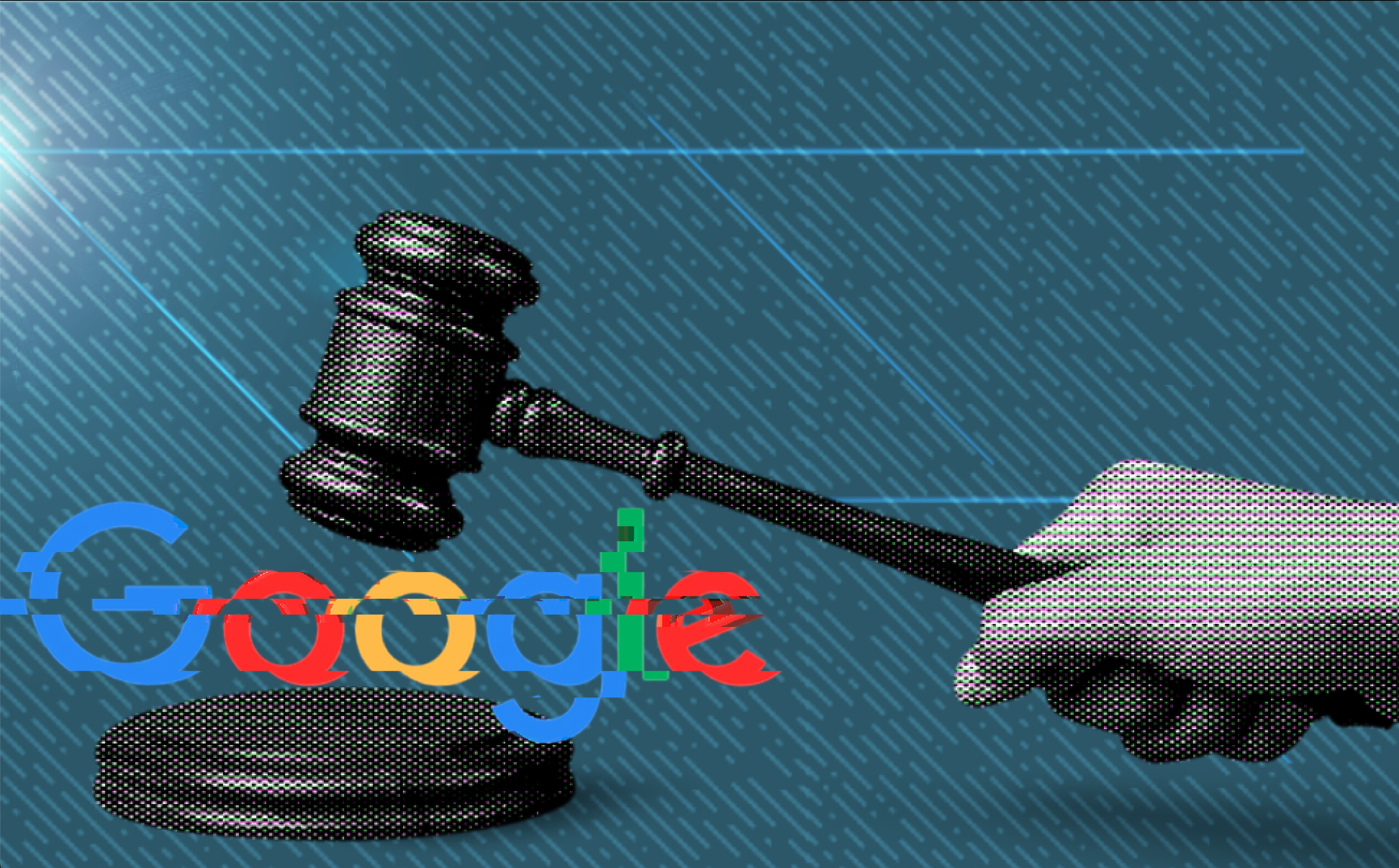In a Monday ruling, a federal judge deemed tech giant Google a monopolist that hugely benefited from default distribution agreements.
In 2020, the Department of Justice (DOJ) and 38 states filed an antitrust suit against Google. The suit alleged the company had violated the Sherman Act, which was established in 1890 to promote fair competition and prevent monopolies.
Judge Amit P. Mehta of the U.S. District Court for the District of Columbia ruled that Google has illegally monopolized internet search and ad markets during the past 10 years.
"After having carefully considered and weighed the witness testimony and evidence, the court reaches the following conclusion: Google is a monopolist, and it has acted as one to maintain its monopoly. It has violated Section 2 of the Sherman Act,” Mehta wrote in a 286-page ruling.
“Google has not achieved market dominance by happenstance,” he continued. “It has hired thousands of highly skilled engineers, innovated consistently, and made shrewd business decisions. The result is the industry’s highest quality search engine, which has earned Google the trust of hundreds of millions of daily users. But Google also has a major, largely unseen advantage over its rivals: default distribution.”
Mehta said many users search for information through a browser that’s preloaded onto a device, like Apple’s Safari, and that “default is extremely valuable real estate.”
“Because many users simply stick to searching with the default, Google receives billions of queries every day through those access points,” he continued. “Google derives extraordinary volumes of user data from such searches.”
“In 2020, Google’s internal modeling projected that it would lose between 60–80% of its iOS query volume should it be replaced as the default GSE [general search engine] on Apple devices … which would translate into net revenue losses between $28.2 and $32.7 billion (and over double that in gross revenue losses),” the judge said.
“The power of defaults is evident, however, from the share of Bing users on Edge,” Mehta continued. “Bing’s search share on Edge is approximately 80%; Google’s share is only 20%. … Even if one assumes that some portion of those Bing searches are performed by Microsoft-brand loyalists, Bing’s uniquely high search share on Edge cannot be explained by that alone. The default on Edge drives queries to Bing.” The Bing example convinced Judge Mehta that defaults are Google's special sauce. pic.twitter.com/xEUNPyHQBV
— Matt Stoller (@matthewstoller) August 5, 2024
“The prospect of losing tens of billions in guaranteed revenue from Google—which presently come at little to no cost to Apple—disincentivizes Apple from launching its own search engine when it otherwise has built the capacity to do so,” Mehta concluded. “The payments need not be Apple’s sole reason for staying out of search to constitute an anticompetitive effect.”
The DOJ heralded the decision as a huge success.
“This victory against Google is an historic win for the American people,” said Attorney General Garland in a statement. “No company — no matter how large or influential — is above the law. The Justice Department will continue to vigorously enforce our antitrust laws.”
“This landmark decision holds Google accountable. It paves the path for innovation for generations to come and protects access to information for all Americans,” added Assistant Attorney General Jonathan Kanter. “This victory is a reflection on the tireless efforts of the dedicated public servants at the Antitrust Division and our state law enforcement partners whose work made today’s decision possible.”
Matt Stoller, an author who works at the American Economics Liberty Project, noted on X how the decision impacted Apple.
“Apple is about to lose $20B+ in pure revenue from its rev share with Google,” he wrote. Apple is about to lose $20B+ in pure revenue from its rev share with Google. pic.twitter.com/3ATFcITh1X
— Matt Stoller (@matthewstoller) August 5, 2024
“[This] was the first major antitrust case against a large tech company since the federal government sued Microsoft in the late 1990s,” POLITICO reports. “The ruling is a boon to a series of lawsuits filed in the ensuing years against Meta, Amazon, and Apple as well [as] a second one aimed at Google.”
“[The ruling] provides a historic boost to the antitrust authorities’ endeavor to rein in the abuse of market power by Google and other dominant tech companies and will have a similar landmark effect as the government’s challenge to Microsoft more than 20 years ago,” Boston University professor Florian Ederer, who teaches antitrust and economics, told the outlet. “The win also signals that the antitrust laws that were created over a hundred years ago can still work today.”
A separate trial to determine a remedy following the ruling has not yet been scheduled.

